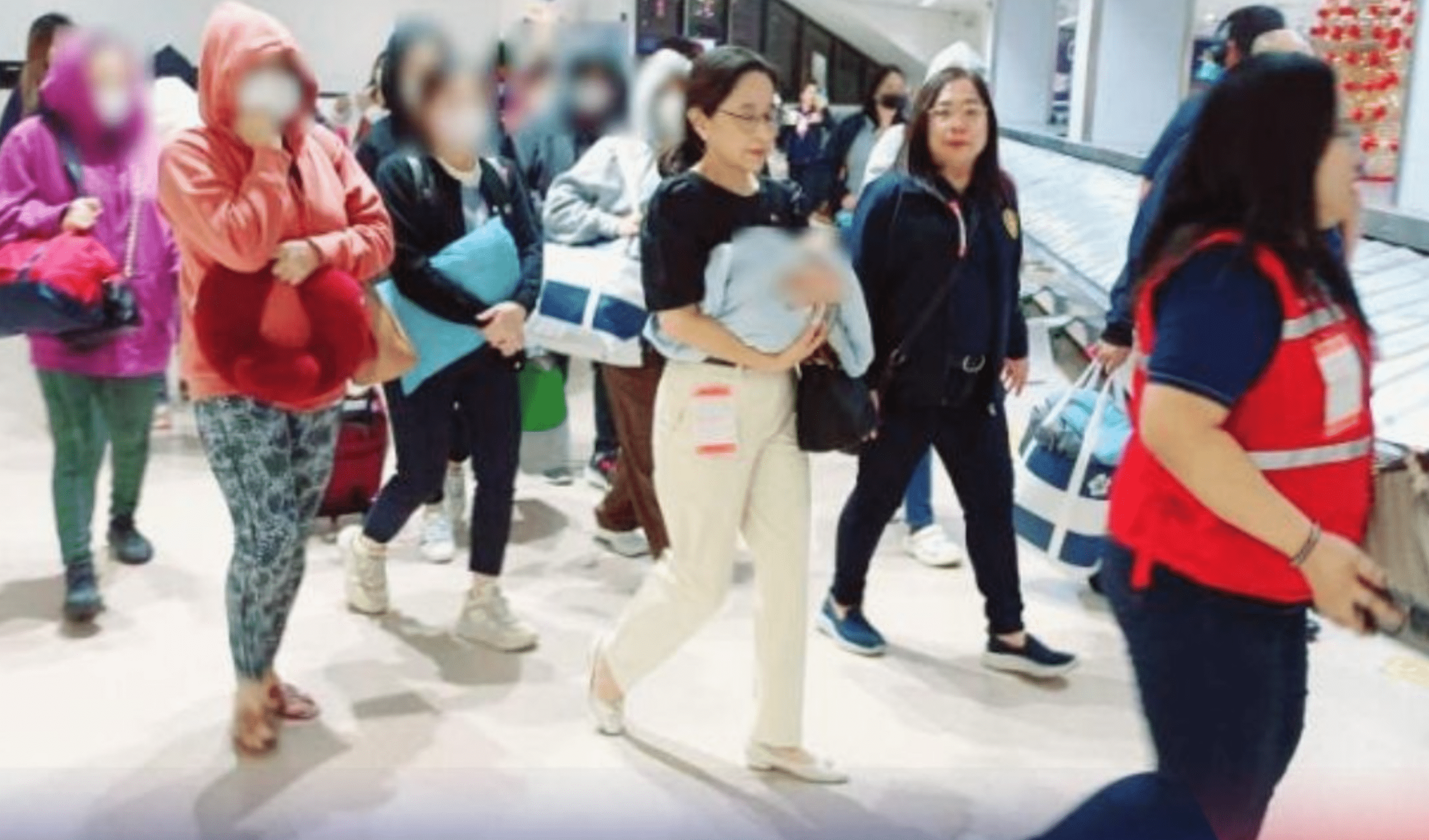Seven of the 13 Filipino surrogate mothers who were repatriated recently from Cambodia after receiving a royal pardon have been reunited with their families in time for the New Year.
The Department of Social Welfare and Development (DSWD) said it was able to facilitate the return of six of the women, one of whom arrived in Manila with a baby, to their families on Dec. 30. The seventh woman went home to her home province the next day.
Of the 13 surrogates, three had already given birth while the rest are due to deliver any time this year. Of the three babies that were repatriated to the Philippines, two are still with the DSWD, along with the six other women who have been placed in its center and residential care facility (CRCF).
But two of them will also leave on Jan. 4 after informing the DSWD of their intention to go home.
“The remaining four mothers and two babies will continue in their temporary stay with our CRCF. These are the mothers who said they would stay until they are ready to go home to their families,” Assistant Social Welfare Secretary Elaine Fallarcuna said in a statement.
Social Welfare Secretary Rex Gatchalian earlier vowed to provide the repatriated mothers “all forms of assistance.”
They were among the 20 Filipino women arrested in September last year in Kandal province in Cambodia, which considers surrogacy illegal.
Off the hook
Seven of the women who were not pregnant at the time of their arrest were sent back the following month to the Philippines without any charges being filed against them.
READ: 13 surrogates pardoned by Cambodia, back in PH
On Dec. 2, a local court found the 13 women guilty of violating Cambodia’s laws on human trafficking and sexual exploitation and sentenced them to a prison term of 15 to 20 years.
But representatives of the Philippines’ Inter-Agency Council against Trafficking (Iacat) led by the Department of Justice initiated a dialogue with Cambodian officials that paved the way for the reduction of the women’s sentence to four years, with two years suspended.
The Department of Foreign Affairs further intervened on the women’s behalf, which resulted in a royal pardon by Cambodian King Sihamoni on Dec. 26.
The Philippines has no laws criminalizing surrogacy. But the Iacat said that it was looking to file charges against the recruiters behind the trafficking of the 20 women as surrogates.
According to Iacat officials, the 20 Filipinos were promised monthly assistance for the duration of their pregnancies on top of a P500,000 payout upon delivery.


